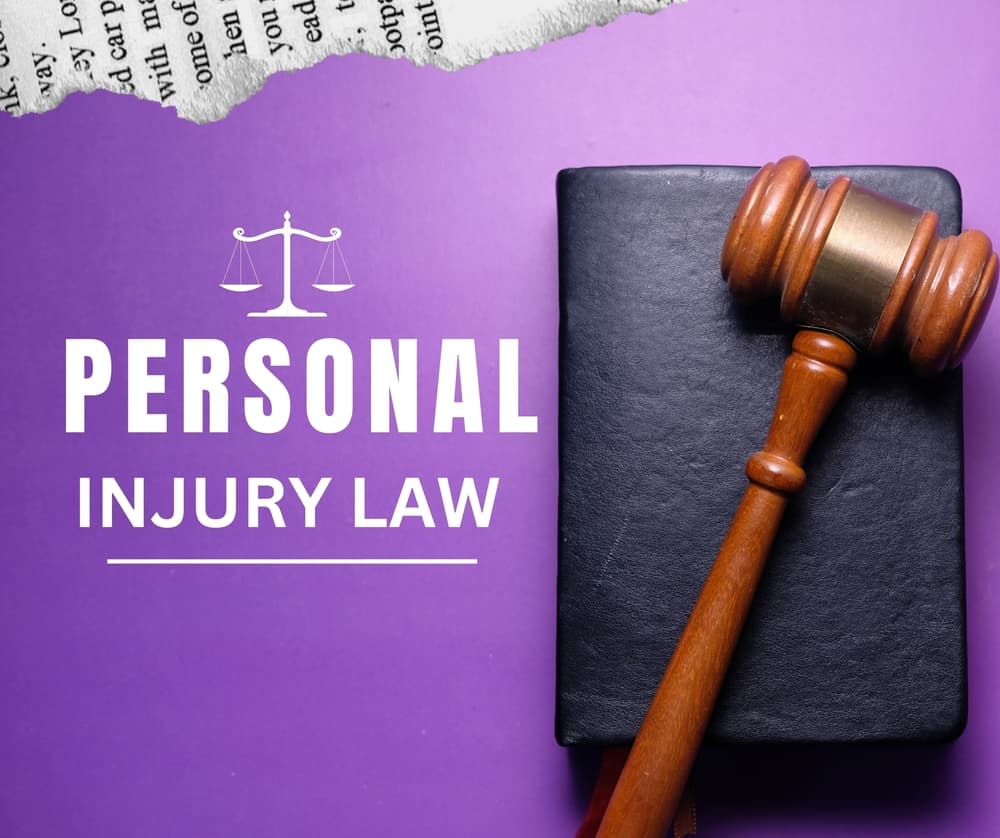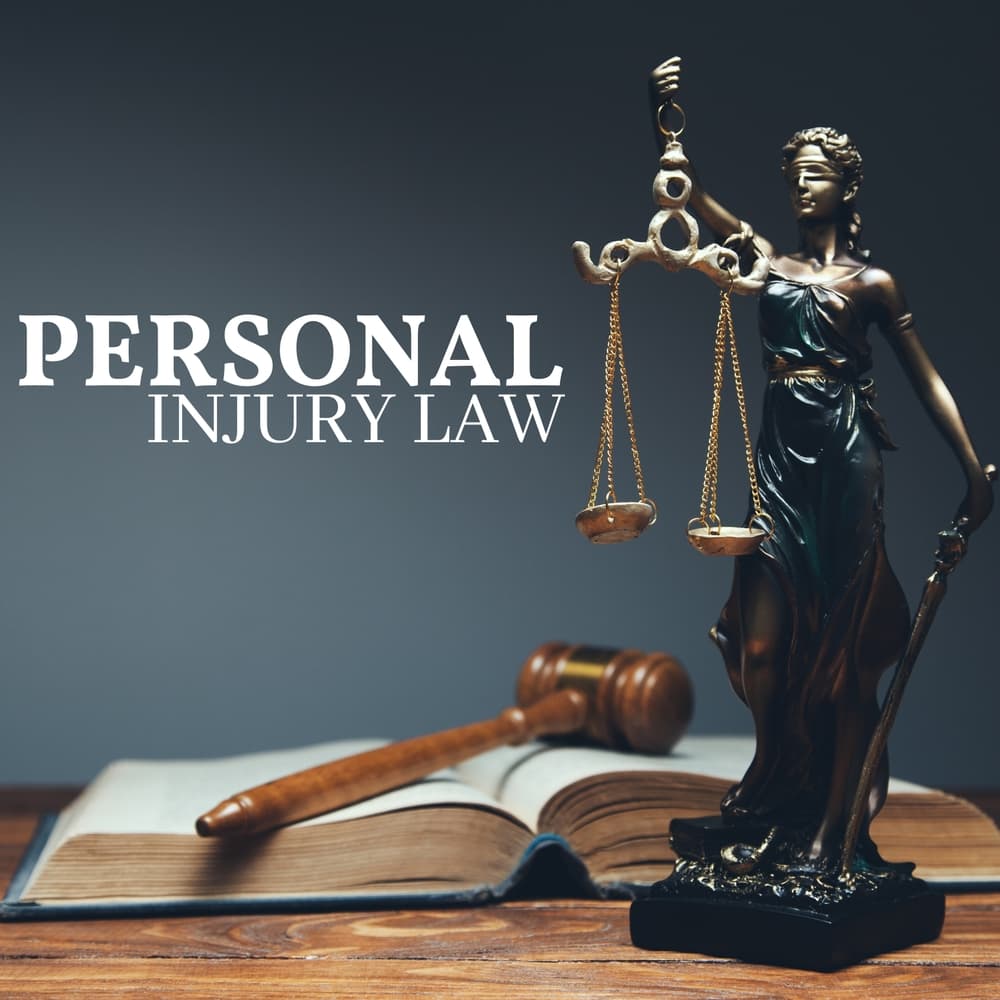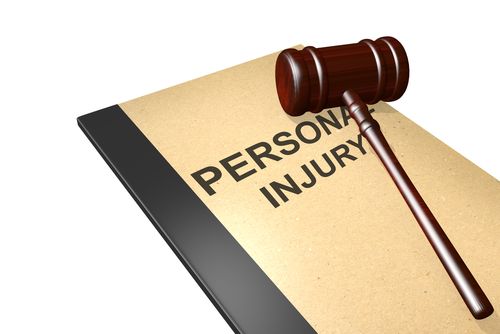Making the right choice when selecting a personal injury lawyer is one of the most important decisions following an accident or injury. Your selection can influence both the outcome of your case and your ultimate financial recovery.
The attorney you choose becomes your advocate, guide, and support system throughout what often becomes a complex legal journey.
First Things First: Understanding Your Needs

Many people feel overwhelmed by medical bills, lost wages, and growing paperwork. Understanding your needs helps narrow down potential attorneys to those best suited for your situation.
Before starting your search for legal representation, carefully assess your situation and requirements. The severity of your injuries, case, and immediate circumstances will guide your selection process.
Your injuries might affect your daily life, work capabilities, and family dynamics in ways requiring specific legal experience. Matching your case type with an attorney’s experience can help your chances of optimal results.
Experience and Focus Matter
When evaluating potential attorneys, their experience in personal injury law should be a consideration. A lawyer that focuses on personal injury cases brings invaluable insights into relevant statutes, precedents, and proven strategies.
You can also ask about their experience with cases similar to yours and their approach to case management.
Track Record and Reputation
A lawyer’s history of successful cases provides insight into their capabilities. While previous results cannot guarantee future outcomes, they indicate negotiation skills, trial experience, and ability to handle litigation.
Ask potential attorneys about their settlement history and trial verdicts, especially in cases resembling yours.
You should also keep in mind that professional reputation extends beyond case outcomes. Many successful personal injury lawyers maintain strong relationships with insurance companies, medical providers, and court personnel.
These professional connections can facilitate smoother case progression and more outcomes.
Client Reviews and Testimonials
Understanding the experiences of previous clients provides some insight into an attorney’s practice. While maintaining client confidentiality, many firms share anonymized success stories and testimonials.
These firsthand accounts can reveal the following:
- Communication effectiveness
- Empathy and understanding
- Ability to handle complex cases
- Overall client satisfaction
- Response to challenges
Resources and Support Systems
Successful personal injury cases often require resources and support systems. Your chosen law firm should maintain adequate support staff, modern technology systems, and access to expert witnesses.
These connections play a role in case development.
- Medical professionals document injuries and provide testimony
- Accident reconstruction specialists help establish liability
- Life care planners calculate future needs
- Economic experts quantify financial impacts
Its a good idea to ask the attorney to discuss available resources and explain how they can strengthen your case.
Communication Effort
Clear, consistent communication between you and your attorney remains essential throughout your case. Your lawyer should respond to inquiries, provide updates, and explain legal concepts in understandable terms.
Many law firms utilize multiple communication channels, including secure messaging systems, client portals, and video conferencing options.
Ask about typical response times, update frequencies, and preferred communication methods. Understanding these expectations helps establish productive attorney-client relationships.
Financial Considerations and Transparency

Many personal injury lawyers work on a contingency fee basis, meaning they receive payment only when securing compensation for you. Understanding fee structures and case-related expenses helps prevent surprises and ensures proper financial planning.
Your attorney should explain all potential costs, including court filing fees, expert witness expenses, and medical record collection charges.
Beyond basic fee arrangements, discuss how costs affect potential settlements. Some firms advance case expenses, while others require client contribution. Understanding these financial aspects helps you make informed decisions throughout your case.
Initial Consultation Value
Your first meeting with potential attorneys offers crucial insights into their capabilities and approach. Prepare specific questions about their experience, case management style, and strategic recommendations.
Pay attention to how they explain legal concepts and whether they take time to understand your situation.
Quality attorneys use initial consultations to assess case strengths and challenges while setting realistic expectations. They explain potential outcomes without making guarantees and outline possible strategies without pressure tactics. This meeting establishes the foundation for your attorney-client relationship.
Evidence Management
Your attorney must understand how to collect, preserve, and present evidence effectively.
Experienced law firms know how to use software systems for evidence organization and presentation. They understand discovery rules and maintain secure data storage protocols. This competence proves increasingly essential in modern litigation.
Geographic Considerations
An attorney’s office location affects more than convenience. Local knowledge of courts, judges, and insurance companies often proves invaluable. Understanding regional medical facilities, rehabilitation centers, and support services helps coordinate care plans.
Consider whether your case might require multiple jurisdiction expertise. Some accidents involve cross-state issues or federal regulations. Your attorney should demonstrate competence in all relevant jurisdictional requirements.
Timeline Management
Quality attorneys help manage expectations by explaining typical timelines and factors affecting case duration. They coordinate legal proceedings to maximize efficiency without sacrificing case strength.
Understanding procedural deadlines, statute of limitations, and court scheduling helps prevent delays. Your attorney should outline major case milestones and explain how various factors might affect timing.
International Case Handling Capabilities
Cultural and linguistic experience plays a vital role in international cases. Quality firms maintain access to certified legal translators and demonstrate cultural sensitivity in their case management approach.
They should show proficiency in handling international depositions and coordinating across time zones while maintaining clear communication with all parties involved.
A robust international network sets leading firms apart. This includes established relationships with foreign legal correspondents, international investigation firms, and global expert witnesses.
Understanding international medical systems and experience structuring cross-border settlements ensures case management from start to finish.
Practice Area Subspecialties

Personal injury law encompasses numerous subspecialties, each requiring specific experience. Understanding these distinct areas helps potential clients identify attorneys best suited for their particular cases. Some examples include:
Transportation Accidents
Beyond typical auto accidents, transportation injury cases can involve commercial trucks, aviation incidents, maritime accidents, and public transportation injuries.
These cases often involve multiple parties, complex insurance coverage, and federal regulations. Successful attorneys understand industry-specific regulations and maintain relationships with accident reconstruction experts.
Workplace Injuries
Workplace injury cases require understanding the intricate relationship between workers’ compensation and third-party liability claims. Attorneys must navigate OSHA regulations, industry safety standards, and employment law.
They do this while coordinating with insurance providers and medical professionals to ensure comprehensive recovery for injured workers.
Catastrophic Injuries
Cases involving severe injuries require experience in long-term medical care planning and life care cost analysis.
Whether handling brain injuries, spinal cord trauma, or severe burns, attorneys must understand both immediate and future medical needs while properly valuing long-term disability impact and life care requirements.
Environmental Injuries
Environmental injury cases often involve scientific evidence and multiple responsible parties. These cases require understanding of environmental regulations, scientific testing protocols, and long-term health impacts. Successful attorneys coordinate with environmental experts while managing causation issues and corporate liability.
Product Liability
Product liability cases involve defective or dangerous products that cause injury. These cases often require technical experience to prove manufacturing defects, design flaws, or inadequate warnings.
Attorneys must understand engineering principles, industry standards, and regulatory requirements while managing litigation against major manufacturers.
Settlement Evaluation
Most personal injury cases resolve through settlement rather than trial. Experienced attorneys help evaluate settlement offers by considering multiple factors. They analyze current and future medical needs, lost earnings potential, and long-term care requirements.
Quality representation includes explaining settlement implications, including tax consequences and benefit impacts. Your attorney should help structure settlements to protect your interests while ensuring adequate long-term support.
Trial Preparation
While most cases settle, your attorney must maintain trial readiness. This includes gathering and organizing evidence, preparing witnesses, and developing compelling presentations. Quality attorneys invest time and resources in trial preparation even while pursuing settlement options.
Modern trials often involve technology integration, from digital exhibits to remote testimony. Your attorney should demonstrate comfort with both traditional and modern trial presentation methods.
Post-Resolution Planning
Case resolution brings new considerations. Quality attorneys help coordinate medical bill payments, satisfy liens, and structure settlements for optimal benefit. They assist with financial planning decisions and help connect clients with appropriate professional advisors.
Some cases require ongoing legal support for future medical care or benefit management. Understanding these post-resolution services helps evaluate potential attorneys more effectively.
How to Choose a Personal Injury Lawyer: Final Thoughts
Selecting the right personal injury lawyer requires careful consideration of multiple factors. Take time to evaluate potential attorneys based on experience, resources, communication style, and comprehensive case management capabilities.
Your choice significantly impacts both your legal outcome and peace of mind throughout the recovery process.
Remember, the ideal attorney serves as more than a legal representative. They become your advocate, advisor, and support system. Choose someone combining professional excellence with personal attention to help navigate your path toward recovery and fair compensation.
Schedule Your Free Consultation with Rosenberg & Gluck LLP Today

At Rosenberg & Gluck LLP, we understand the challenges following a personal injury. Our experienced team combines comprehensive legal knowledge with dedicated personal attention to help clients achieve optimal outcomes.
Call (631) 451-7900 today for a free consultation to discuss your case and learn how we can help guide your recovery journey.









